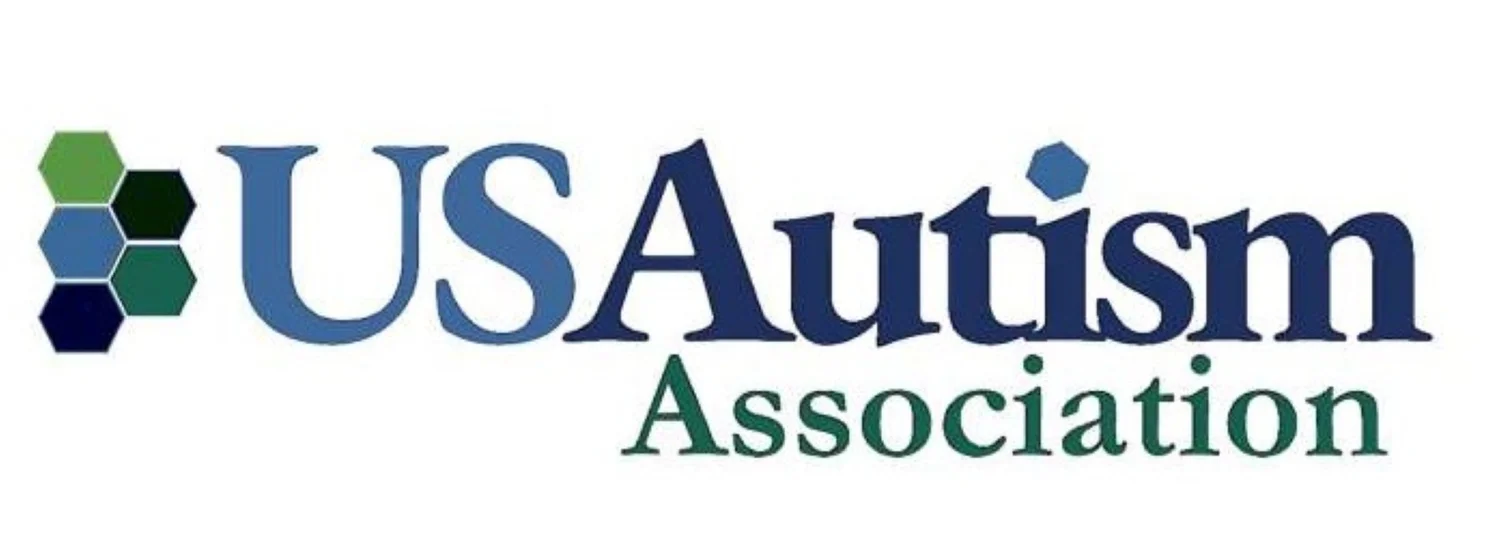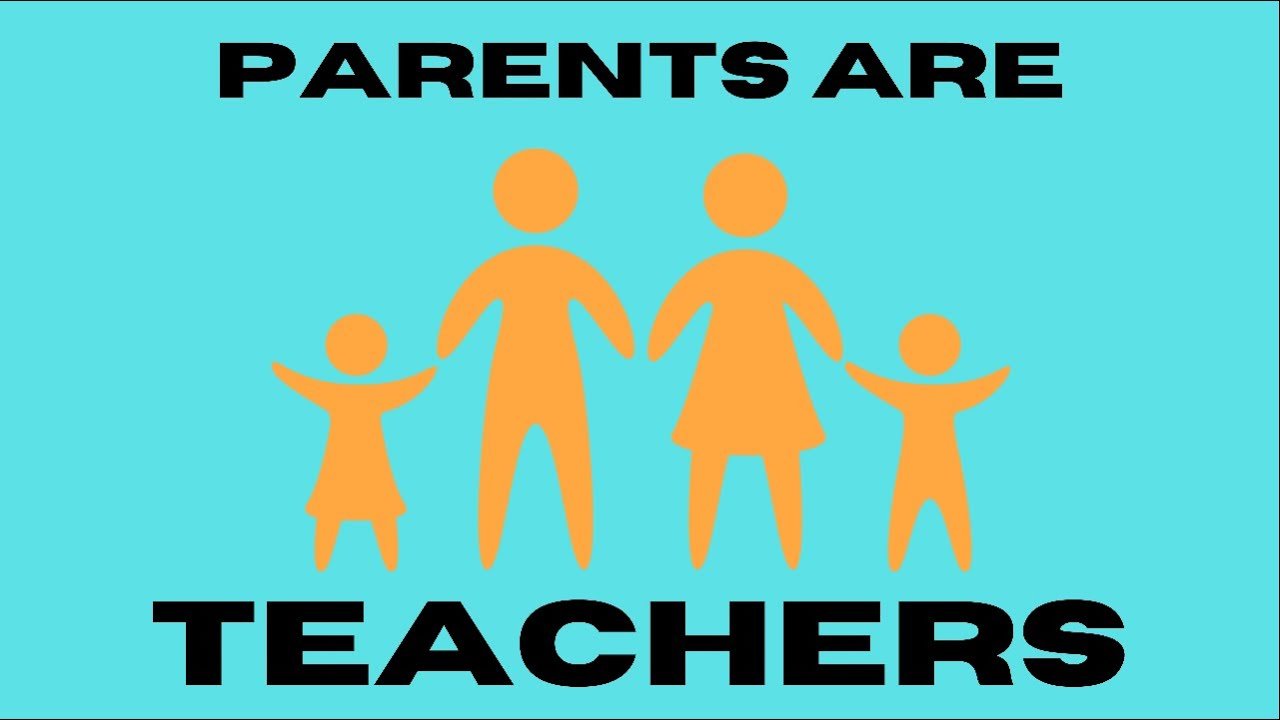
Welcome to the US Autism Association’s Video Streaming Library.
100+ streaming sessions, just a click away.
Welcome to one of the largest autism-focused streaming libraries in the world.
Featured Videos
Browse by Topic
+ Browse By Category
Approaches to Autism - Season 1
Approaches to Autism - Season 2
Approaches to Autism - Season 3
Health and Wellness
Therapies and Interventions
Education and the Classroom
Diversity Across the Spectrum
Legal and Advocacy
Summit: Meltdowns and Neuro-Crashes
Summit: Coming of Age Across the Autism Spectrum
Vintage Videos
Shorts
CEUs
Autism and the Arts
Autism and Aging
US Autism Association Advisory Board member Dr. Wenn Lawson, a well-respected Australian psychologist and highly knowledgeable expert on autism who is also on the autism spectrum himself, gives information about growing up with autism and mind and body awareness. Dr. Lawson discusses neurodiversity and how the brains of those on the spectrum age.
Dispelling the Myth of Intellectual Disability in Autism
In this once-in-a-lifetime opportunity, Sameer Dahar, non-vocal autism expert and advisory board member of the US Autism Association discusses his unique insights and perspectives on sensory processing, language development, and learning for diagnosed individuals who are primarily non-vocal with his colleague and friend Dr. Marlo Payne Thurman.
Project Based Learning Across the Autism Spectrum: Unique Opportunities During Covid-19
Dr. Marlo Payne Thurman, School Psychologist and President of the US Autism Association, discusses various learning styles and the range of learning opportunities for individuals diagnosed with autism spectrum disorders that can be addressed within a project-based learning model.
Presuming Educational Competence when Teaching Students with the Most Significant Needs
Dr. Robin Brewer explains why it is crucial for students to be taught with the presumption that they can achieve. During the session she explains the important role classroom peers can have and discusses what the least restrictive environment means along with the current research on student outcomes in the classroom.
A Voice for Everyone
Vicki Clarke, Speech Language Pathologist and AAC Specialist, discusses communication, speech, and the tools we use to help individuals with Autism develop speech and language skills.
The Importance of Providing Authentic Individualized Programming
This session focuses on strategies to develop an individualized IEP and analyze the results. Suellen Inwood, director of a unique school that emphasizes authentic individualized education plans for all students, also explains the importance of understanding that a full team is needed to facilitate the development of an IEP that accurately provides an individualized education plan and program.
The Learning Style Profile for Children with Autism Spectrum Disorder Approach: A Practical Application of ASD Empirical Research
The primary purpose of this session with Dr. Patrick J. Rydell is to assist viewers in understanding the interrelationships among social-communication, learning styles, and independent thinking in children with autism spectrum disorders.
How Do We Continue to Put Beauty into a World that is Struggling?
In this session, Dr. Thomas Rashad Easley discusses his personal experiences with autism, within his expertise as a diversity consultant, pastor, musician, and as the Dean of Community and Inclusion at the School of the Environment at Yale University.
Uniquely Normal: Tapping the Reservoir of Normalcy to Treat Autism
Drawing from the topics of his book Uniquely Normal, and on his experience as an autism consultant and brother to an adult man on the autism spectrum, Rob Bernstein shares his perspectives on tapping into the various areas of strength, interest, and normalcy to better understand, interact with, and address the needs of individuals on the autism spectrum.
Vintage Videos
By accessing this page and our conference videos you are agreeing to the US Autism Association Conference Code of Conduct in its entirety.
We are actively working to make our videos more widely accessible through You Tube, Any closed captions are generated automatically through YouTube and offered as convenience to our those viewing our videos but The US Autism Association is not responsible for the content of the subtitles generate within that platform.





























































